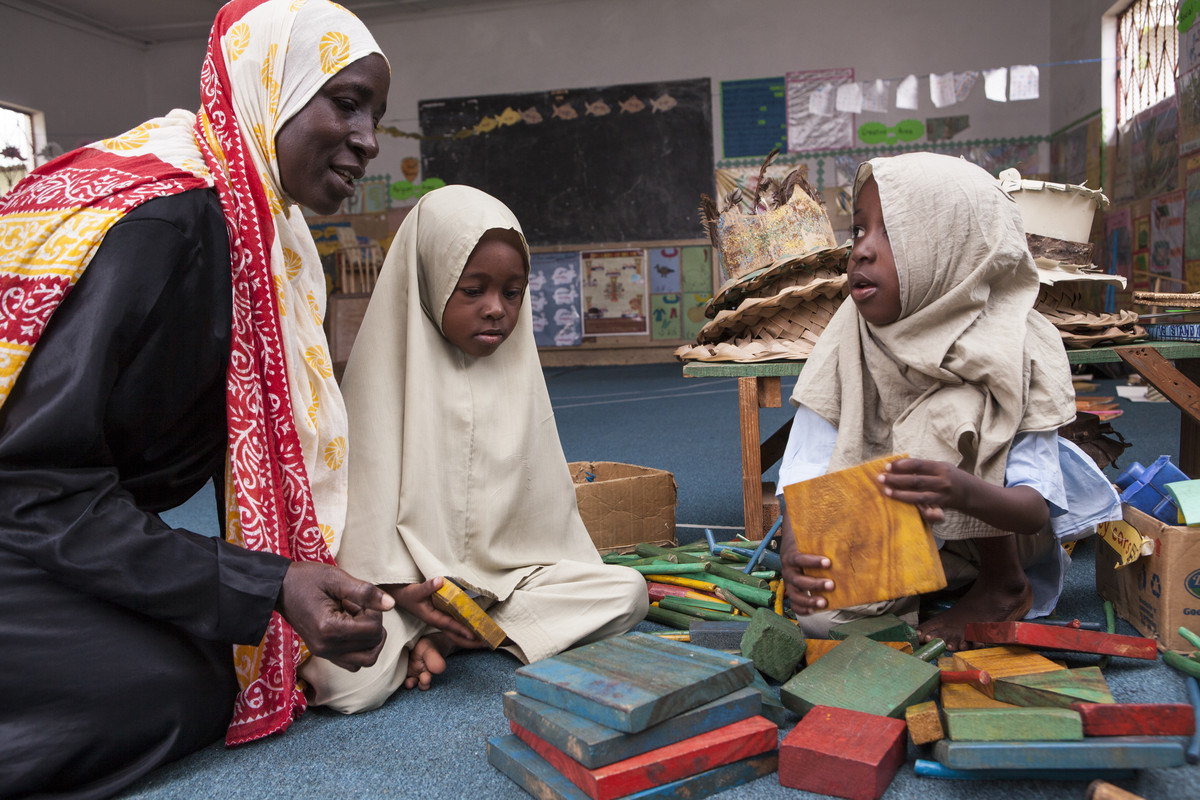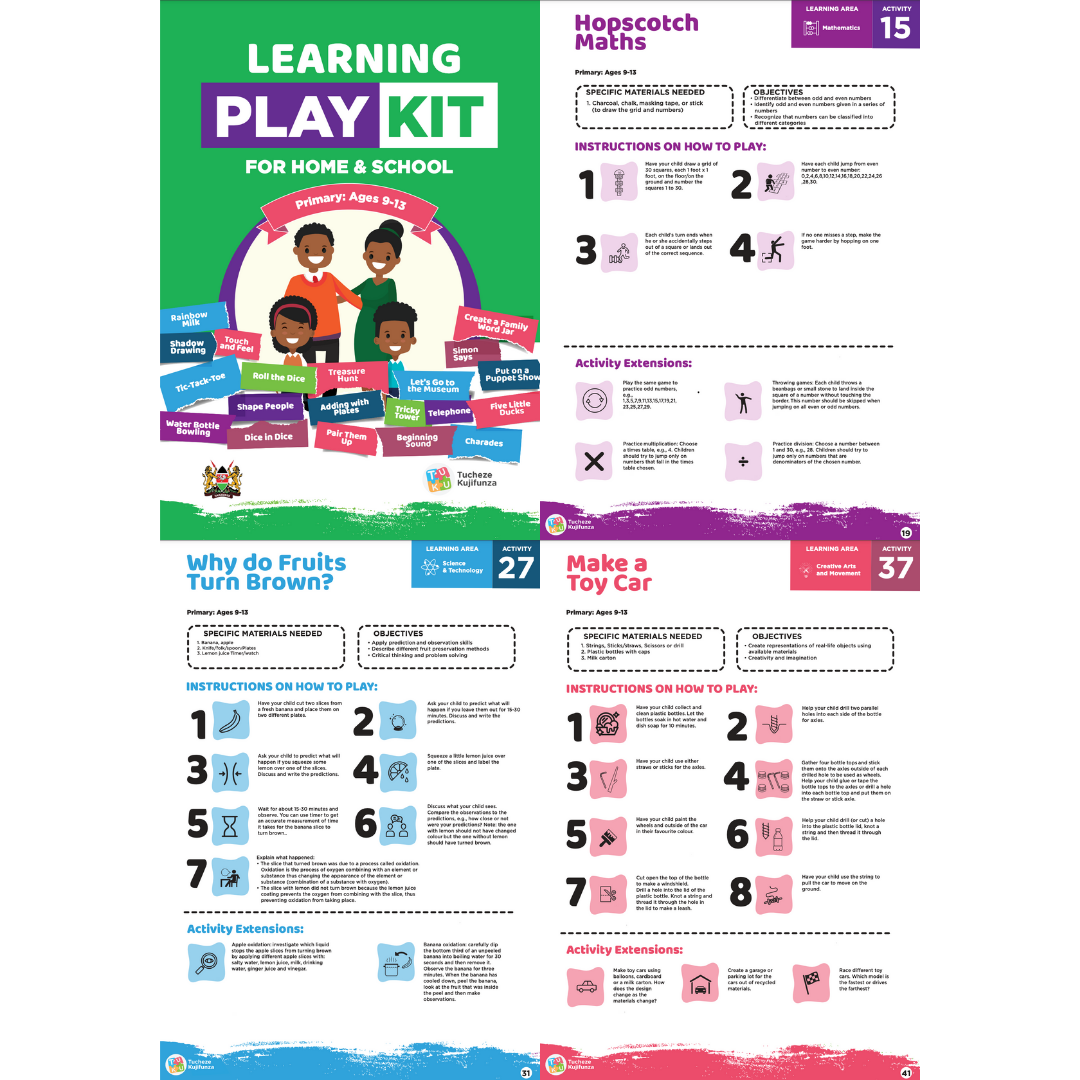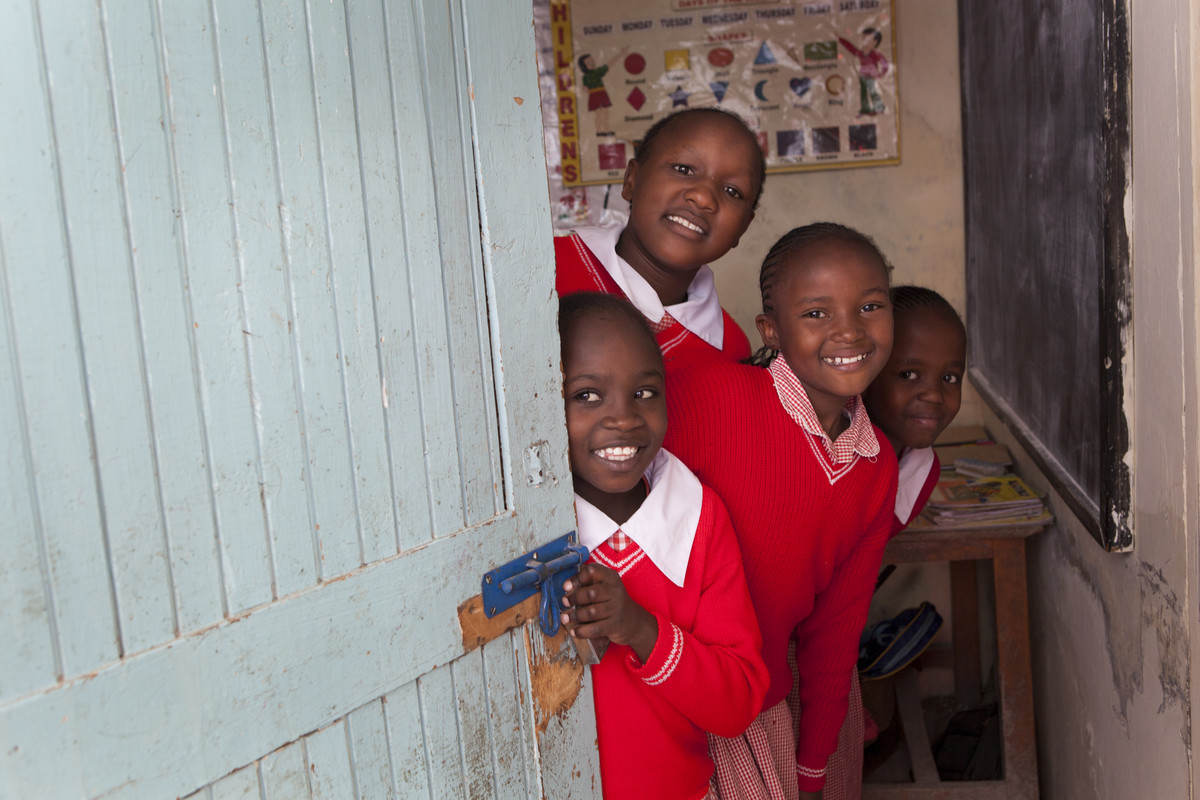Tucheze Kujifunza: learning through play to navigate the pandemic
With the onset of COVID-19 disrupting the education of 18 million children in Kenya, play has become increasingly critical to support children’s learning at home and in school

Over the past two years, education has experienced enormous disruption. Parents around the world will recognise the challenge of juggling work and supporting their children’s learning at home, an issue further exacerbated in resource-constrained homes, communities, and countries. In Kenya, schools were closed for eight months and when they returned, children and teachers entered an accelerated timetable to try to complete three academic years within two.
In response to the uncertainties and the stresses of the last couple of years, the Aga Khan Foundation (AKF) and the LEGO Foundation partnered to meet the emerging and evolving needs of children, teachers, and parents through the Power of Play.
When the pandemic struck, the LEGO Foundation and AKF were collaborating on the coast of Kenya through the Tucheze Kujifunza (TuKu) programme. The programme taught teachers to integrate learning through play into their everyday teaching to deliver improved, inclusive learning for all. When the pandemic hit, the partnership expanded to meet the rapidly changing needs of students, and the new expectations placed on the teachers and parents.
“Parents were feeling overwhelmed, they thought ‘I’m not a teacher, I don’t know the discourse of teaching’. We met parents who were really nervous about their children staying at home, so we thought, ‘we need to respond to that!’”
Aisha Abeid – Project Officer, AKF Kenya

While TuKu – an abbreviation of Tucheze Kujifunza meaning ‘we play to learn’ in Kiswahili – was designed for a pre-COVID era, AKF expanded the programme to manage the new and unfamiliar reality of learning during a pandemic. In collaboration with county governments, teachers, parents, and children, AKF developed over 90 playful learning activities to enable teachers and parents to actively engage their children in learning both at home and in the classroom.
Some of these resources – including PlayKits and Back to School guides designed to help teachers navigate the return to school – were approved by the Ministry of Education and became national goods for all schools and children in Kenya. The PlayKits were further developed into child-friendly posters that were made available in over 200 communities across Lamu and Mombasa, reaching more than 100,000 children. A series of short ‘play videos’ were also produced.

The need to improve the quality of life of children, parents, and communities through the pandemic was critical. Through community consultations, AKF learned that social isolation was a growing concern for parents and children alike. In response, AKF helped develop a children’s book and a five-part animated mini-series. The children’s book – Maria and the Tin Can Phone – was created to help children, parents, and teachers to explore the realities of being suddenly isolated from friends, while the Bena and Kena animated series follows the pandemic experience from a child’s perspective.
Beyond this, the inspiring stories of how different Kenyan families, teachers, and communities were responding to the pandemic and making positive changes, needed a platform. These stories, captured through Our Stories, were aired on NTV’s national morning programme. Some of the individuals featured in the films appeared live to share their experiences with a diverse Kenyan audience.
The partnership with NTV grew as Bena and Kena was aired on its Saturday morning children’s programme. Night-Time Tales, a series developed to provide a weekly bedtime story for children and parents to watch together and promote a culture of reading, proved very popular with over a million children and parents tuning in over several episodes.

2022 brings new uncertainties and challenges to the education sector in East Africa. To meet these, the TuKu programme will continue to support teachers, schools, and the education system. AKF and the LEGO Foundation are working on new ways to support children to thrive through playful learning across the region.
All of the resources mentioned above can be accessed on The Learning Hub, AKF’s brand new digital learning platform for development practitioners around the world.
This article was co-written by Rupert Corbishley, Regional Education and ECD Advisor in East Africa, and Kerensa Keevill, Digital Content and Communications Officer in the UK.
The materials and solutions in this report were co-financed by the LEGO Foundation, Global Affairs Canada, and AKF.


Support our work Your donations are helping us build a future where we all thrive together.